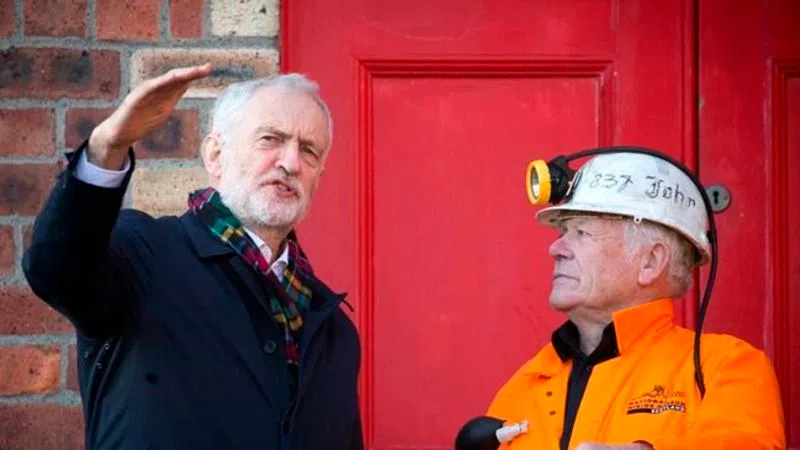
Be careful out there: UK police warn candidates about safety
LONDON — British police are unveiling new tactics to protect politicians amid the country’s fraught, even hostile political atmosphere, issuing safety recommendations for candidates running in the country’s Dec. 12 general election.
All 650 seats in the House of Commons are up for grabs in the vote but more than 70 lawmakers have announced they are not running for re-election amid Britain’s toxic political atmosphere.
Politicians on both sides of the Brexit argument over Britain’s impending departure from the European Union have received abuse and threats — even death threats — both in person and online. Those leaving include many moderate pro-EU Conservatives, Labour legislators who say their party has not stamped out anti-Semitism and high-profile female legislators, who have received a disproportionate amount of the abuse.
There has also been increasing concerns for British politicians’ personal safety since Labour Party legislator Jo Cox was stabbed to death during the 2016 Brexit referendum campaign.


